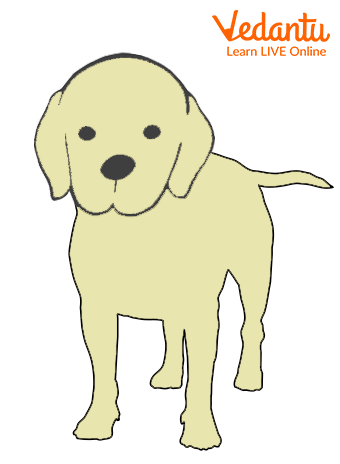What is a Bingo Song?
"Bingo" is a children's spelling song. Although several references to similar songs have been discovered, the earliest of which dates from the late 18th century, the origin of this nursery rhyme remains unknown.
It was originally published under the titles "The Farmer's Dog Leapt o'er the Stile," "A Franklyn's Dogge," and "Little Bingo."
Let us look at both the Modern and Original versions of the Bingo song from this article.
About Bingo
Bingo is the name of a dog, and in this song, the same stanza is repeated, spelling the word B-I-N-G-O, as in a counting-down rhyme. Each time, a letter is eliminated one by one and replaced by a hand clap.
The first known recording of this song can be found in "The Humming Bird", a collection of children's songs published in 1785. Robert M. Charlton first referenced the song in 1842 in the United States. The folklorist Alice Bertha later recorded eight versions of the song in England. Various versions of this gaming song have been recorded in various locations, both in the United States and the United Kingdom, over time.

The Bingo (Dog)
The original Bingo song lyrics from 1785 is listed below, as well as the modern version lyrics.
“Bingo” Lyrics – Modern Version
There was a farmer who had a dog,
And Bingo was his name-o.
B-I-N-G-O
B-I-N-G-O
B-I-N-G-O
And Bingo was his name-o.
There was a farmer who had a dog,
And Bingo was his name-o.
(clap)-I-N-G-O
(clap)-I-N-G-O
(clap)-I-N-G-O
And Bingo was his name-o.
There was a farmer who had a dog,
And Bingo was his name-o.
(clap)-(clap)-N-G-O
(clap)-(clap)-N-G-O
(clap)-(clap)-N-G-O
And Bingo was his name-o.
“Bingo” Original Song
The title of a piece of sheet music released in 1780, credited to William Swords, an actor at London's Haymarket Theatre, is the first mention of any form of the song. The song's original titles included "The Farmer's Dog Leapt o'er the Stile," "A Franklyn's Dogge," and "Little Bingo."
The following is an early copy of the song (without a title) from the 1785 songbook "The Humming Bird": The following is a traditional children's song that most people are familiar with:
The farmer’s dog leapt over the style,
His name was little Bingo,
The farmer’s dog leapt over the style,
His name was little Bingo.
B with an I — I with an N,
N with a G — G with an O;
His name was little Bingo:
B—I—N—G—O!
His name was little Bingo.
The farmer lov’d a cup of good ale,
He call’d it rare good stingo,
The farmer lov’d a cup of good ale,
He call’d it rare good stingo.
S—T with an I — I with an N,
N with a G — G with an O;
He call’d it rare good stingo:
S—T—I—N—G—O!
He call’d it rare good stingo,
And is this not a sweet little song?
I think it is – by jingo.
And is this not a sweet little song?
I think it is – by jingo.
J with an I — I with an N,
N with a G — G with an O;
I think it is – by jingo:
J—I—N—G—O!
I think it is – by jingo.
Summary of the Song
A farmer is the subject of this poem. This farmer kept a dog as a pet. The dog's name was "Bingo." As the song continues, the letters from the dog's name "Bingo" are gradually replaced with claps. When a letter from a child's name is removed, they are urged to clap their hands wildly and add a hop or two if they choose.


FAQs on Bingo Song for Kids
1. Describe the Bingo song.
Bingo song is an unknown origins spelling song for small children. "Bingo Was His Name-O" is another name for it. This folk song reportedly appeared in the 17th century, and the first recorded version may be found in "The Humming Bird," a collection of children's songs. The first letter sung in the previous stanza, which is replaced with a clap, is omitted in several versions of this song.
2. Is Bingo the name of a farmer or the dog?
According to the song, we can say that Bingo is a dog.





